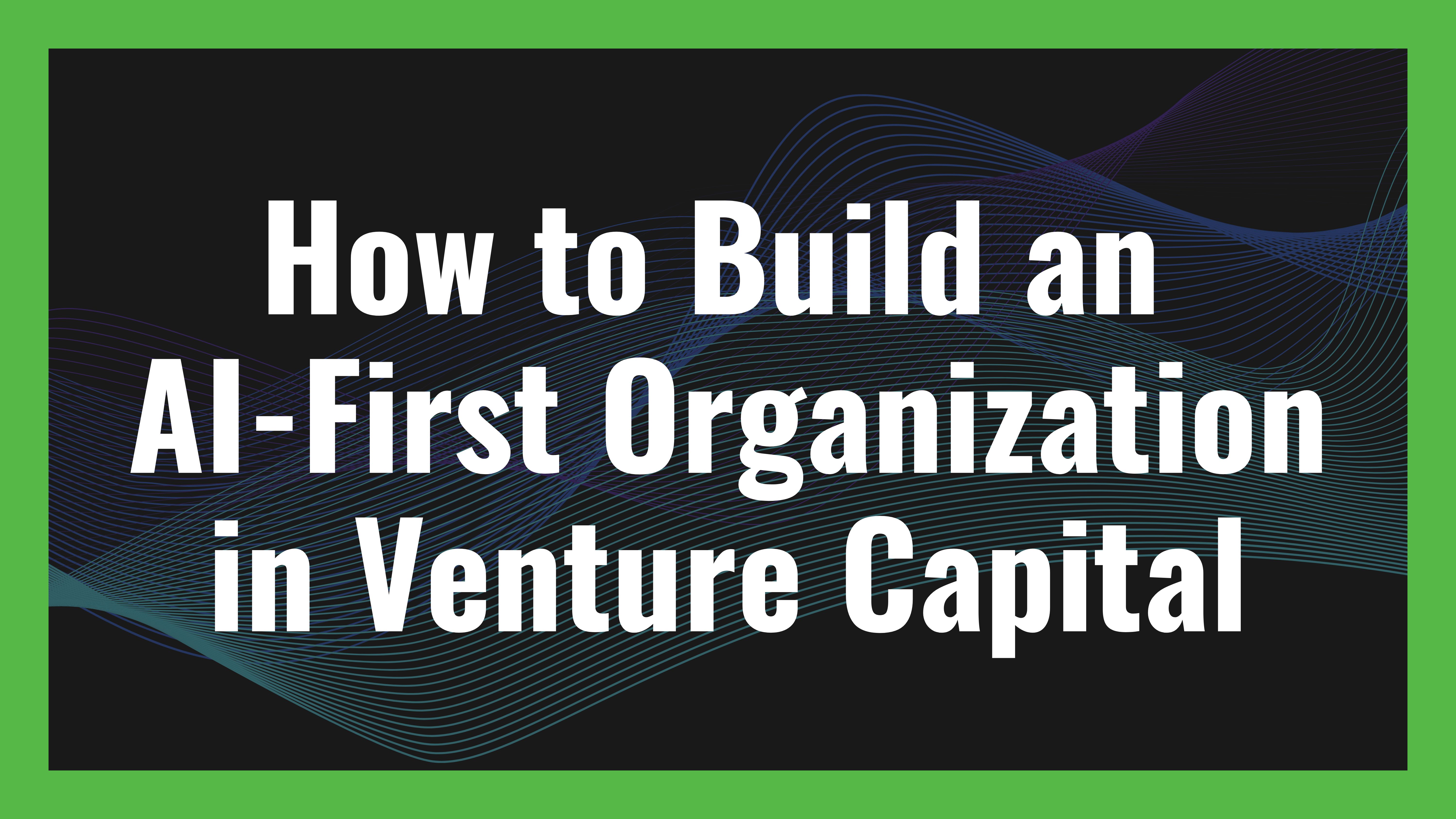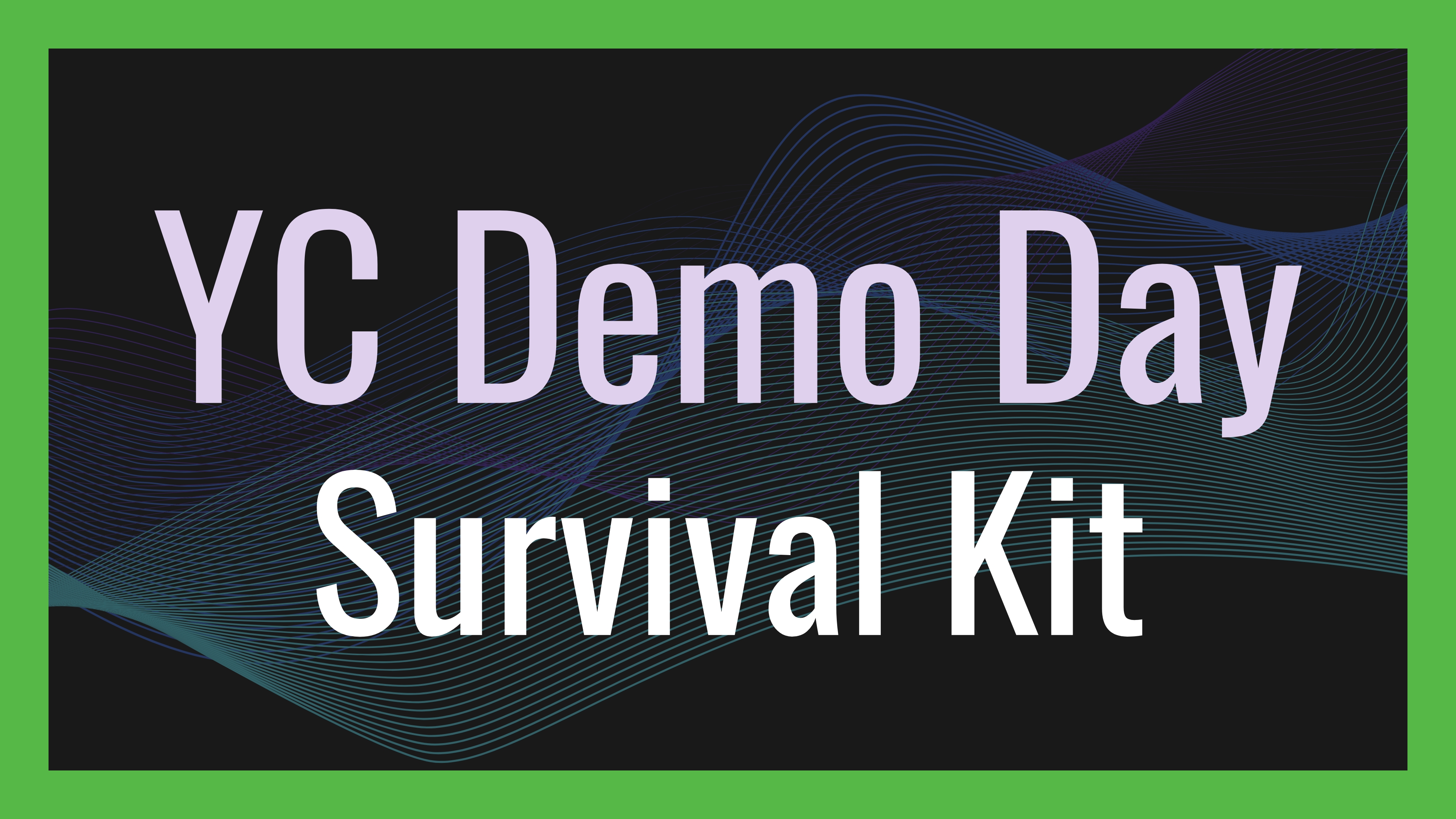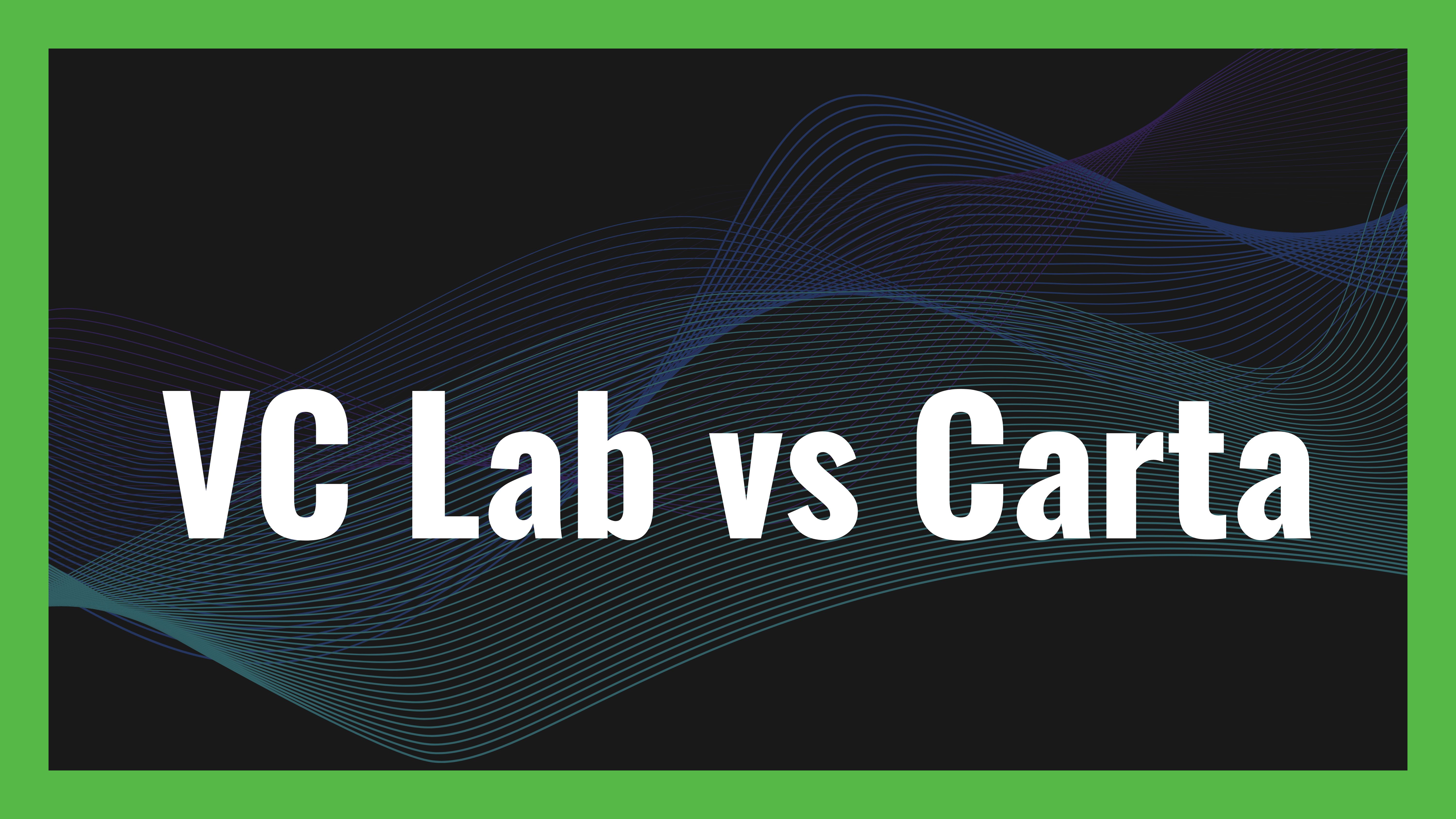
The Need for AI in Venture Capital
The venture capital industry has long been defined by relationships, operational complexity, and investor demands. Traditional approaches such as manual workflows, siloed data, and people-intensive processes are no longer sufficient in a market where deal flow is accelerating, fund structures are increasingly complex, and LPs expect real-time insights. The solution is to design AI-first organizations where intelligence is built into every layer of operations. At Decile Group, this approach compresses months of work into weeks, automates repetitive tasks, and unlocks insights previously out of reach.
Learn more at https://govclab.com/2025/09/02/how-to-build-an-ai-first-organization-in-venture-captial/
Building a Specialized Knowledgebase
A strong AI-first foundation requires a domain-specific knowledgebase. Generic AI tools deliver generic answers, but venture capital requires tailored expertise. Decile Group built Decile Base, a proprietary system containing more than 30,000 curated insights from fund lawyers, accountants, and tax professionals. This ensures AI can provide contextually rich guidance on matters such as LP agreements, waterfalls, and fund structures. By embedding deep expertise, the knowledgebase transforms AI from a search tool into a trusted decision-making assistant.
Context and Connections
AI is only powerful when connected across all operational systems. Integration with LP commitments, portfolio tracking, deal flow, and fund operations allows AI to analyze history, patterns, and preferences, producing actionable recommendations. For instance, when evaluating a follow-on investment, the system considers past fund performance, LP preferences, and founder relationships before providing guidance. This contextual awareness turns AI into a strategic partner rather than a passive information tool.
Multi-Model AI Infrastructure
The infrastructure connecting AI to operational workflows is critical. Decile Group built a multi-model system that routes queries to the most appropriate AI engine, including Anthropic, Perplexity, and OpenAI. Different models excel at reasoning, real-time research, or creative problem-solving. This ensures tasks are executed efficiently while maintaining data security and regulatory compliance. Sensitive information about LPs, portfolio companies, and deal terms is protected without slowing decision-making.
Deploying Agentic AI
The most advanced step in AI-first VC organizations is agentic AI, capable of executing multi-step processes autonomously. AI agents at Decile handle workflows such as compiling due diligence materials, sourcing LPs, managing capital calls, and generating investment memos. Automating these operational tasks allows VC professionals to focus on strategy, founder relationships, and portfolio growth while reducing human error and operational bottlenecks.
Practical Applications
AI-first operations deliver measurable efficiency. Fuzzy search enables managers to retrieve relevant data across emails, decks, and notes, even with vague queries. Deal memos that once took days are generated in minutes. Natural language commands allow fund operations, from LP communications to portfolio updates, to be executed seamlessly. Fund formation timelines shrink from months to weeks, and investor outreach becomes faster and more precise.
Security, Compliance, and Reliability
AI-first architecture embeds safeguards for sensitive data and ensures compliance with tax and regulatory requirements. Multi-model infrastructure and agentic workflows reduce reliance on single individuals, eliminating key-person risk and maintaining continuity of operations. This ensures managers can scale funds confidently without compromising trust or accountability.
Transforming the Role of VC Professionals
The goal of AI-first organizations is to amplify human expertise. By automating routine tasks and executing complex workflows, AI allows managers to focus on high-value activities such as identifying high-potential startups, cultivating LP and founder relationships, and developing sector expertise. AI becomes a force multiplier, enabling more value creation with less effort.
Conclusion
Building an AI-first VC organization requires embedding intelligence into every layer of operations. A strong knowledgebase, integrated systems, multi-model infrastructure, and autonomous AI agents provide the foundation for faster execution, improved decision-making, and stronger investor relations. Firms that embrace AI-first operations will be better equipped to thrive in an increasingly competitive and data-driven venture ecosystem.



